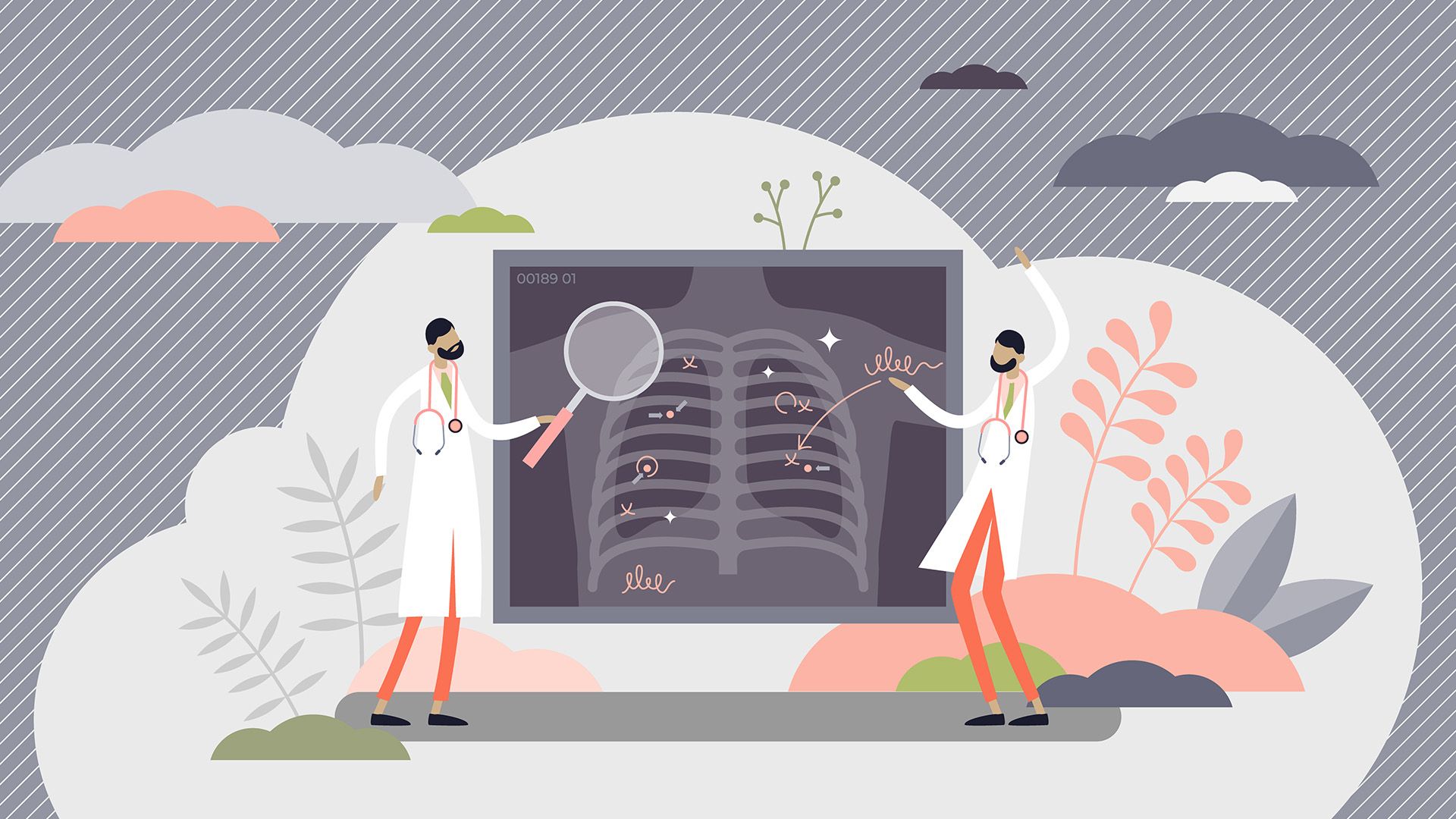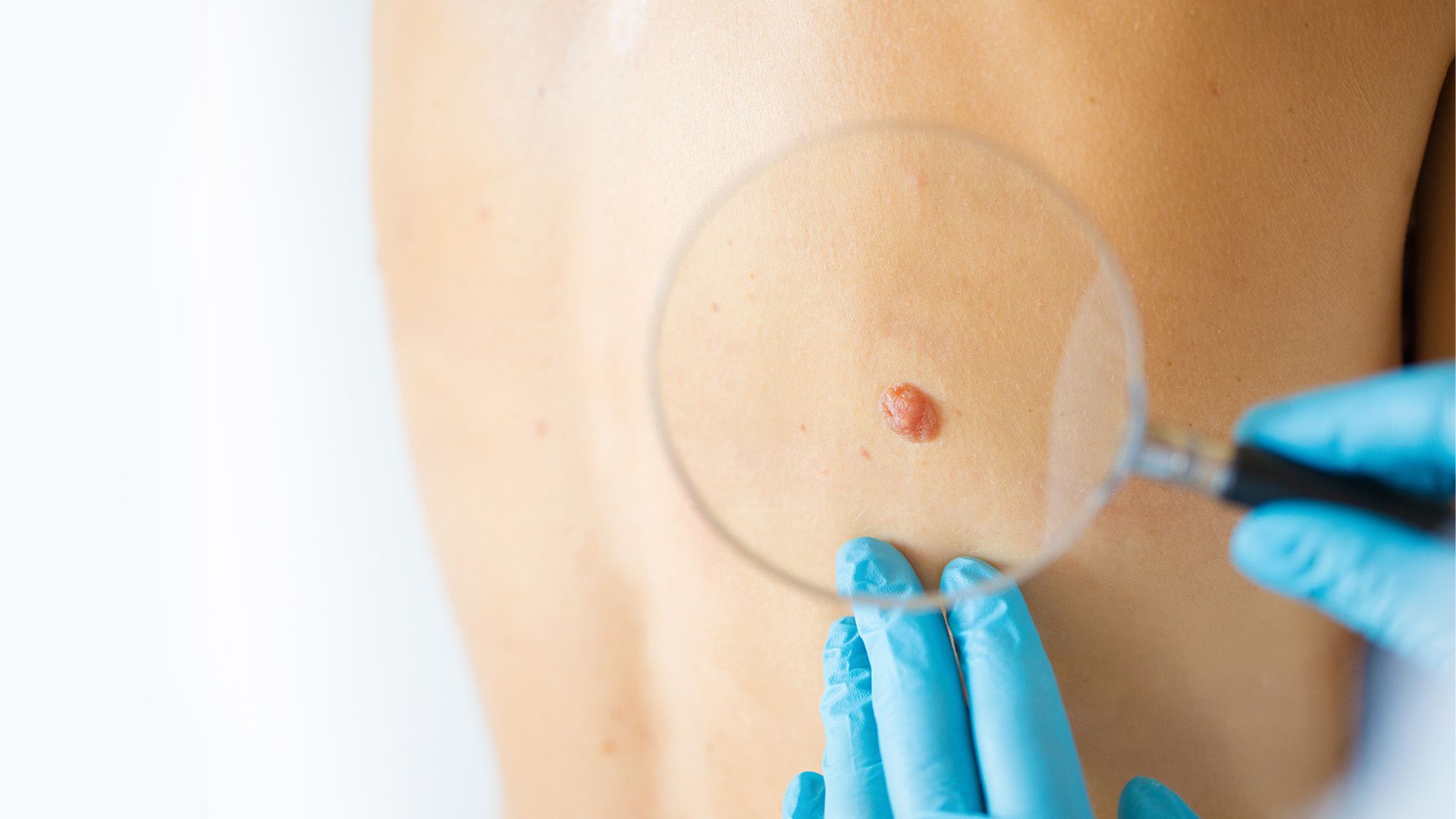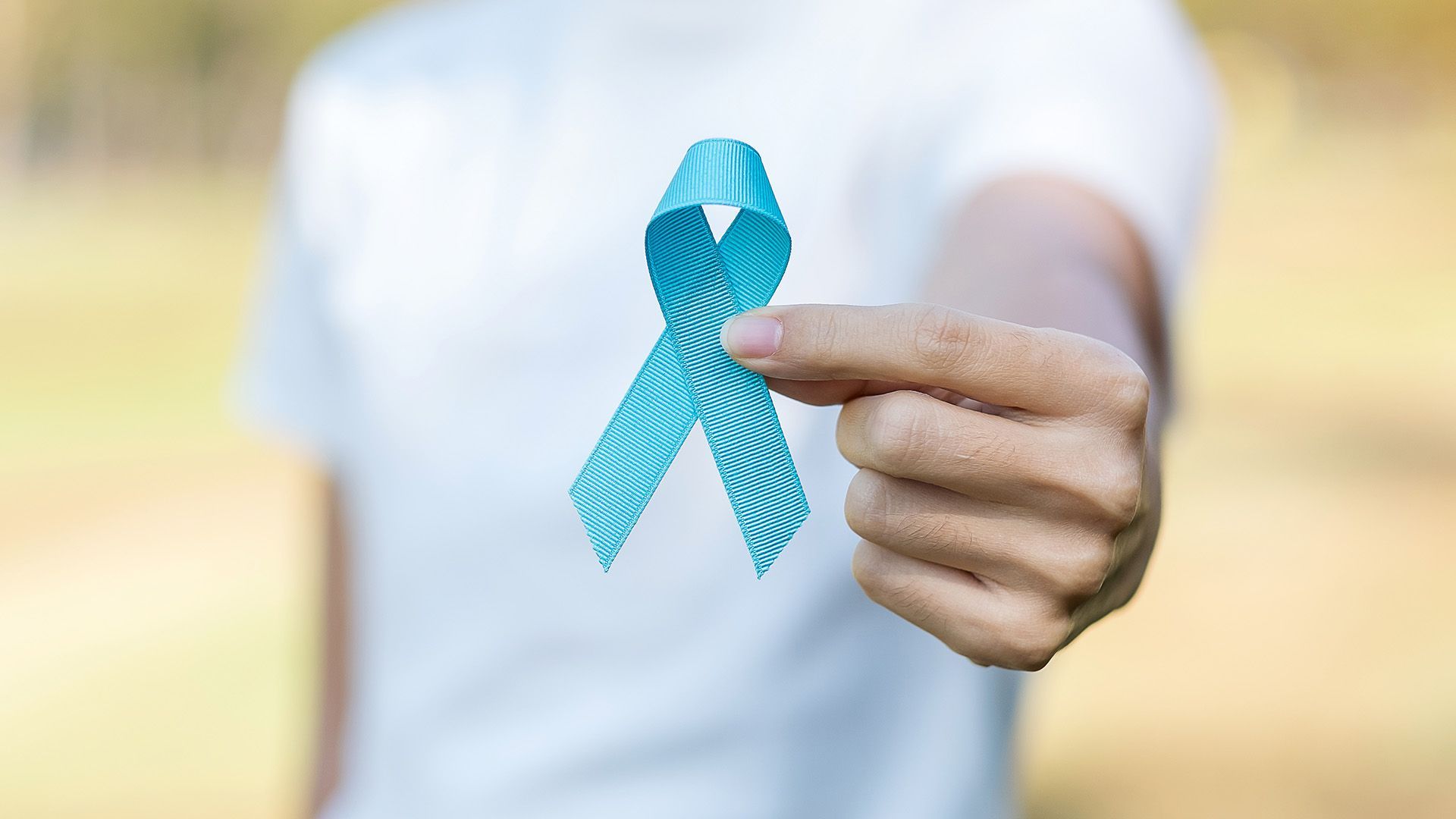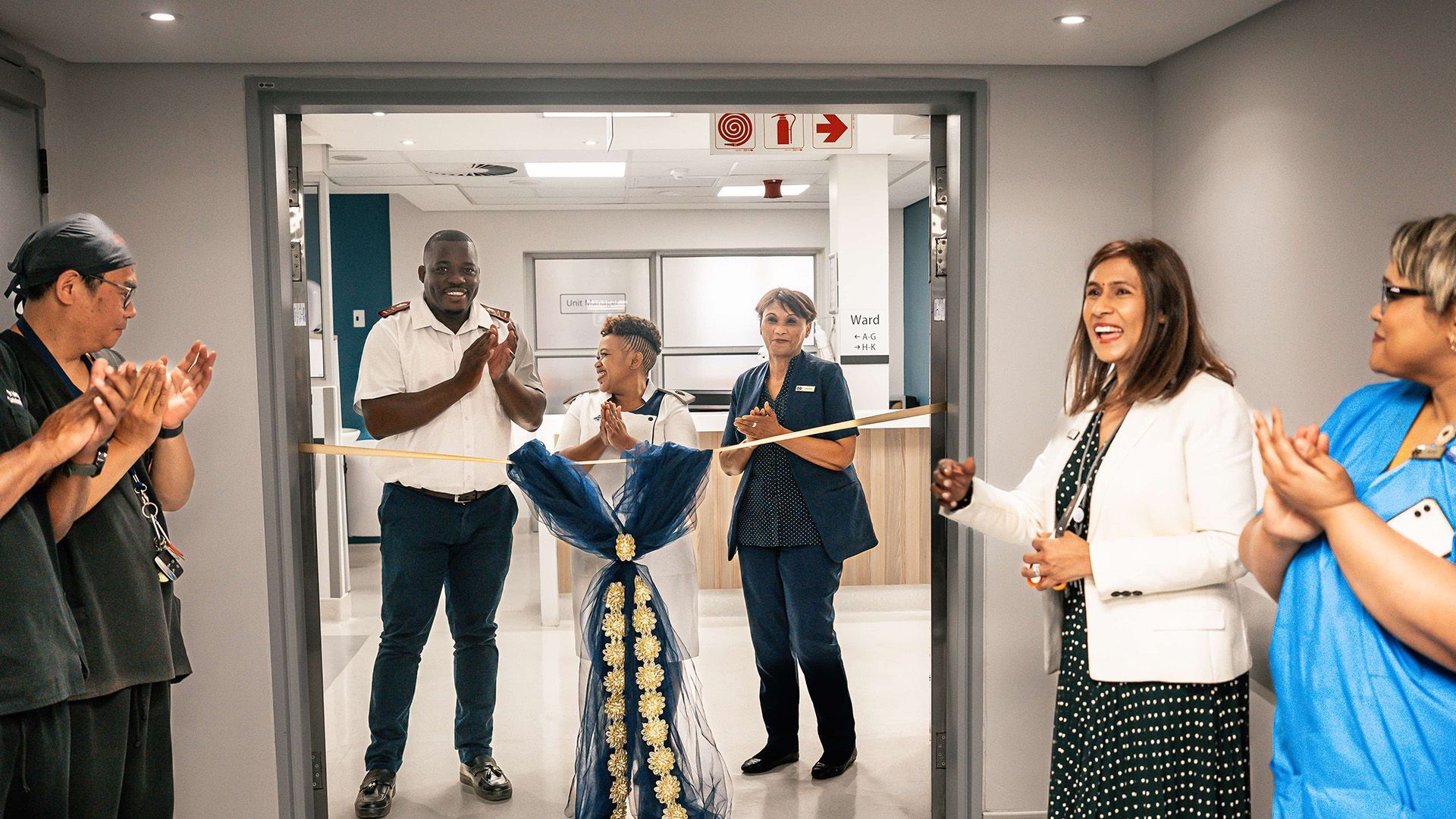Warning signs to help prevent teenage tragedy
Drickus Maartens • February 24, 2020
Help is available for teenagers at risk of suicide
Teenage years can be a stressful and anxious time for many young people, and tragically suicide is one of the more common causes of unnatural death among this age group. While teenagers or others who take their own lives may not necessarily display noticeable warning signs of their intentions, there are a number of behaviours that may be closely associated with suicide risk.
“Parents, teachers, peers and friends may observe changes in a teenager’s demeanour without realising what these signs could potentially mean,” says Mark de la Ray, a psychologist practising at Akeso
Kenilworth Adolescents/Young Adults (KAYA)
and Akeso Kenilworth mental health facilities, in Claremont, Cape Town.
“This Teenage Suicide Prevention Week, we are raising awareness of some of the warning signs that may suggest a teenager is in urgent need of professional assistance and support to get through a difficult time. Recognising these signs, taking them seriously and responding appropriately can make the difference between life and death for young people contemplating suicide.”
“While people struggling with depression do not necessarily become suicidal, the majority who attempt suicide do have a history of depression. Among teenagers there is often a strong correlation between mental health challenges – –most commonly depression, conduct or behavioural disorders and substance abuse – and suicide risk,” De la Ray notes.
“It is important to bear in mind that depression can influence behaviour in different ways, and while some teenagers with depression may exhibit sadness, in others it may manifest as excessive tiredness or loss of energy, a loss of enthusiasm or interest in activities that were previously enjoyed, irritability, anger or the expression of hopelessness.”
The following signs in a teenager’s behaviour may indicate that he or she is having trouble coping and is in need of help:
- Depression symptoms
- Changes in sleeping patterns
- Change in appetite or weight
- Social withdrawal
- Speaking or moving with uncharacteristic speed or slowness
- Fatigue or loss of energy
- Feelings of worthlessness, self-reproach and/or guilt
- Preoccupation with death or suicide
- Extreme anxiety, agitation and/or rage
- Excessive use of drugs or alcohol
- History of physical illness or emotional difficulties
- Feelings of hopelessness or desperation
“In some cases, suicidal teenagers may hint that they will not be around much longer, saying goodbyes or speaking as if they intend ‘going away’. They may give away personal possessions or make attempts to ‘put their affairs in order’,” he warns.
“Indications such as these definitely should not be dismissed by adults and loved ones, as these are real signs that all is not well. In addition to offering emotional support, it is imperative to seek professional assistance promptly as early treatment can help to prevent the situation from escalating to the point of a potentially imminent tragedy.”
He emphasises that teenagers who have attempted to take their own lives previously are at higher risk for suicide and should be carefully monitored for any signs of such intent recurring.
“It would be dangerous to assume that any attempt at suicide, whether ‘serious’ injury is sustained or not, is simply attention seeking behaviour that does not require intervention. Any form of suicidal acting out would indicate that there is deep underlying distress and an inability to cope with current life circumstances, whether this is attributable to depression or another type of mental health problem.
“In some cases, suicidal thoughts may be associated with adjustment to certain medications. Teenagers who have recently started taking new medication, including antidepressants, or have had a change in their prescribed dosage, may experience difficulties initially. In such instances, the treating doctor or psychiatrist should be consulted without delay.
“Where cause for concern has been identified, it is advisable to remove items that could potentially be used for self-harm from the teenager’s environment. Weapons, knives, sharp instruments, poison and medications should not be accessible, and close supervision can also help to eliminate the opportunity for the teenager to act on suicidal impulses,” he says.
Akeso Kenilworth Adolescents/Young Adults (KAYA) mental health facility offers specialised in-patient care for young people who are experiencing mental health difficulties or grappling with suicidal thoughts.
“Our expert team work with each person to develop a treatment plan that will help them to find new methods of coping. While it does require courage and determination from the teenager’s side, we make sure that the programme proposed is manageable and suitable to each person’s needs,” De la Ray explains.
“It is often said that suicide is a permanent response to a temporary difficult time or situation, and we strive to help teenagers facing dark days to see that they have a future beyond the troubles that may seem insurmountable to them in the moment.
‘Even if the mental health issue they are struggling with has been there for some time, there will be times when the symptoms subside and the adolescent will feel better. Like with all chronic illnesses, there are periods of increased and decreased intensity of symptoms, and it is useful to teach the adolescent skills for managing these peaks and troughs effectively.”
“All suicide threats or indications should be taken seriously and acted upon to keep the teenager safe. There is no shame in seeking assistance and it is certainly better to be safe than sorry in such cases. Reaching out for professional help to support a young person who may be in danger of harming themselves can avert tragedy and save lives,” he concluded.
The following resources are available to provide immediate support:
Suicide Crisis Line 0800 567 567 or SMS line 31393
South African Depression and Anxiety Group (SADAG) Mental Health Line 011 234 4837
Akeso Psychiatric Response Unit (24 hours a day) 0861 435 787
The following resources are available to provide immediate support:
Suicide Crisis Line
0800 567 567 or SMS line 31393
South African Depression and Anxiety Group (SADAG)
Mental Health Line 011 234 4837
Akeso Psychiatric Response Unit (24 hours a day) 0861 435 787

December 22, 2024
As the holiday season kicks off, it’s all too easy to get caught up in the festive spirit and overlook potential medical emergencies. Dr Neville Vlok, a specialist emergency medicine physician practising in the emergency department at Netcare Unitas Hospital, highlights four health issues that could disrupt even the most carefully planned holiday celebrations.

December 11, 2024
Clinical oncologists Dr Sylvia Rodrigues and Dr Karen Motilall have been prescribing radiation treatments for their cancer patients requiring this treatment modality, with the Varian TrueBeam™ 4.0 linear accelerator (linac), for the past year and have seen the equipment’s versatility and advantages for patients.











